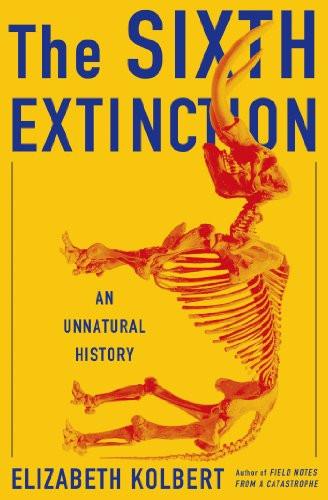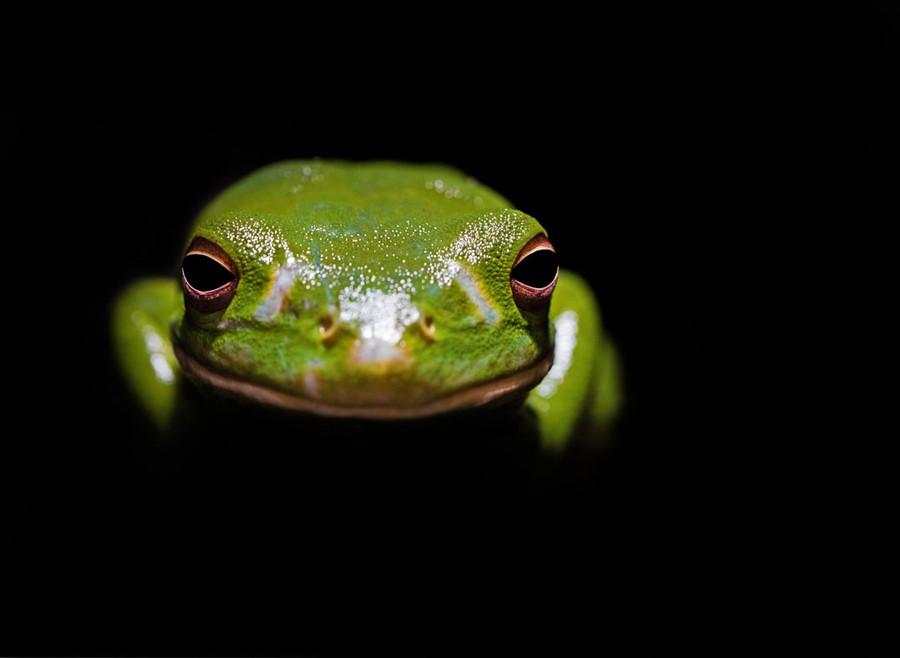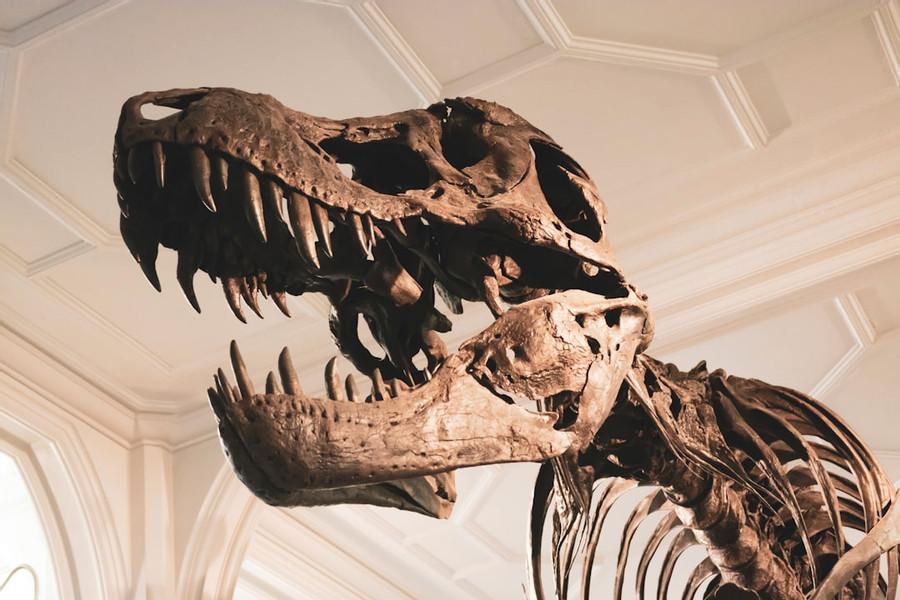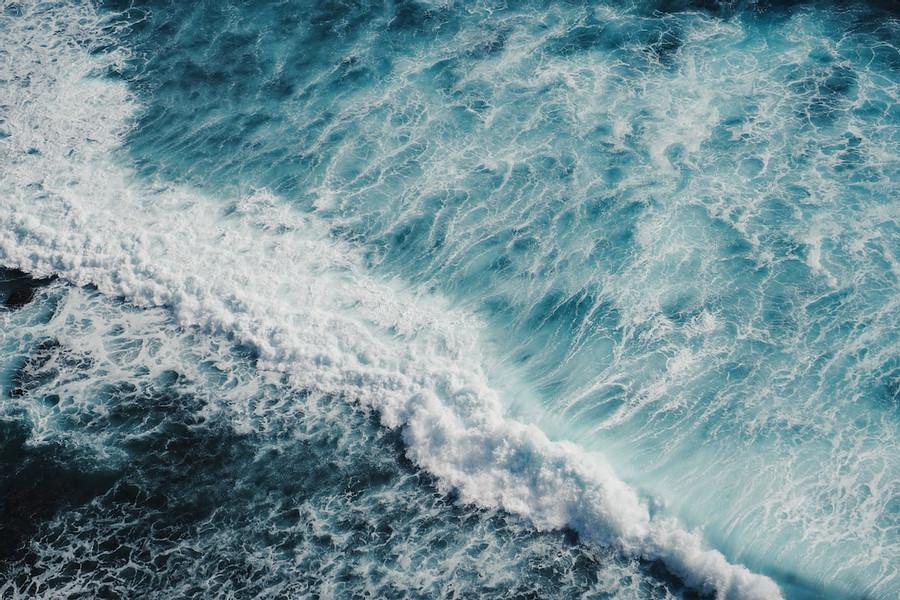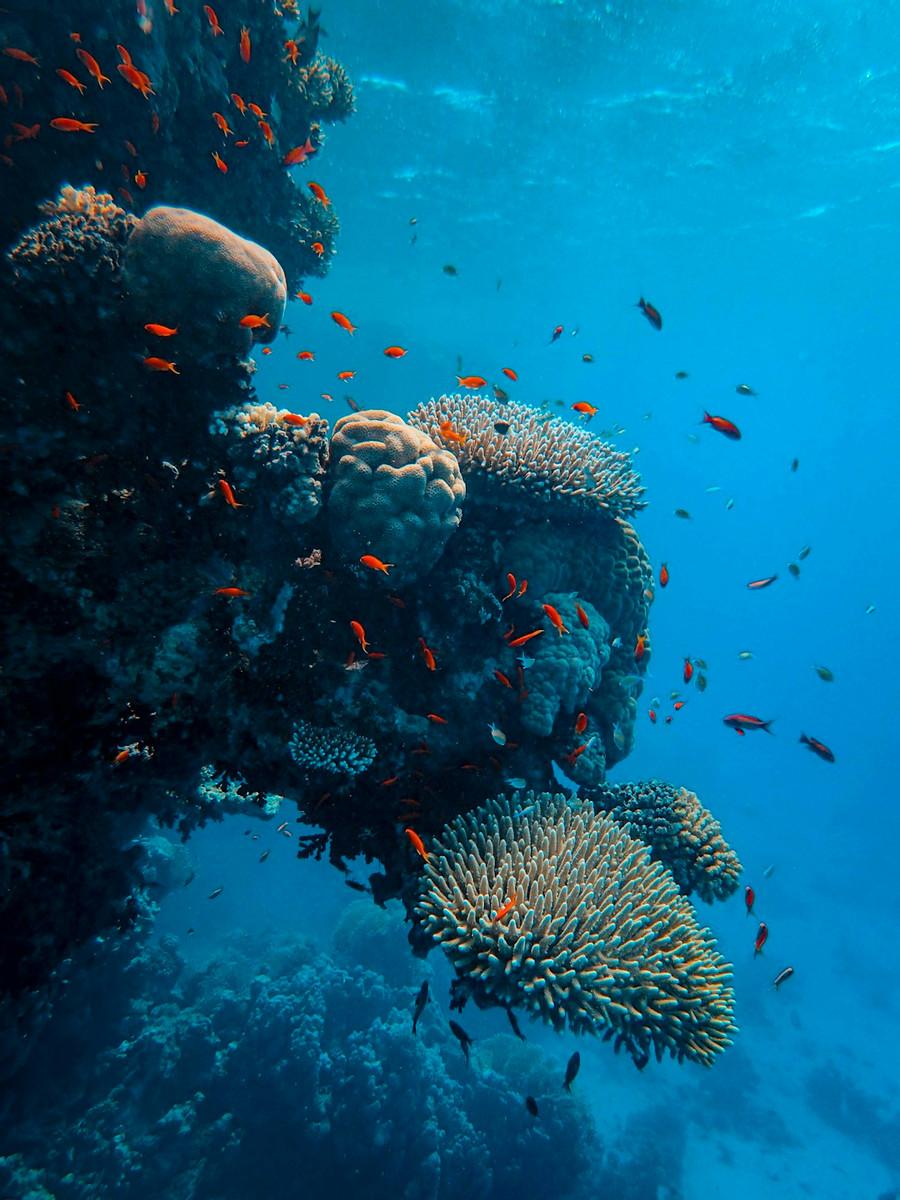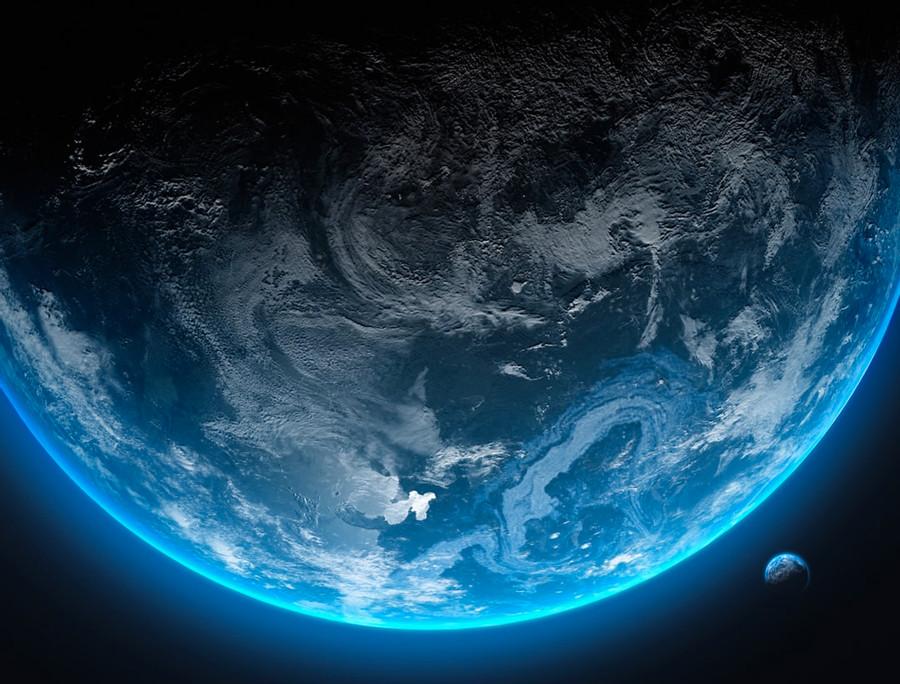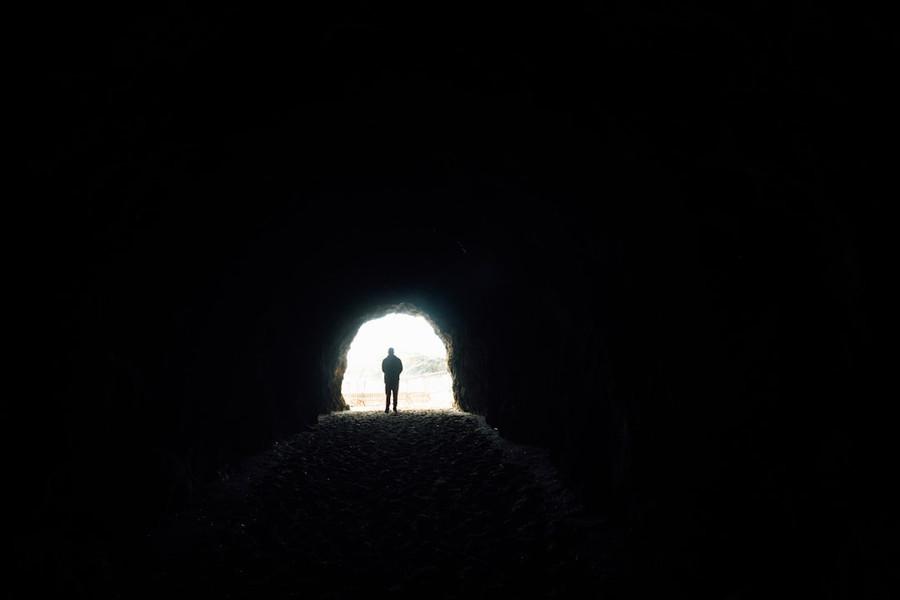Explore the World's Best Ideas
Join today and uncover 100+ curated journeys from 50+ topics. Unlock access to our mobile app with extensive features.
The beginning
Humans evolved and were able to drastically morph their environment and in effect the planet through various processes. The greatest of these processes being the burning of fossil fuels which has led to the increase in global temperature and the acidification of the ocean, among other things.
46
628 reads
Signs - the amphibian apocalypse
Amphibian deaths of untold magnitude are occurring. This is alarming because the background extinction rate of amphibians is one species every thousand years that is one species usually goes extinct every thousand years, but it is thousands of species in a decade of late. This has been found due to the transport of the fungus Bd by human beings. Like the plagues and acts of god of yore, frogs have been instrumental in predicting the end times.
49
534 reads
History of extinction - part 1
In the 18th century, Molars and tusks are found together but they didn’t work with their most current theory of existential belief. An elephant species mastodon with molars was initially thought of as two animals but eventually came to be accepted as coming from a single animal. Fossils started being discovered everywhere. Animals still believe to be killed off but their point of origin is not debated.
Charles Darwin discovered the origin of species which was evolution. But still a species dying out was thought off as gradual.
47
450 reads
History of extinction - part 2
But the mass level extinction was thrown open by the discovery of the asteroid impact crater at gola del bottaccione. A similar extinction even in terms of ammonites due to deoxidization of ocean was also discovered. The impact of these extinctions can be seen in the fossil and archaeological evidence. And eventually we discovered that such mass extinctions had happened five times prior.
47
396 reads
The sixth extinction
Coming to the modern day, it has been concluded that similar evidence is mounting on the extinction of a lots of species in the recent years. The time zone we are living is dubbed as Anthropocene (The age of man). And thus the sixth extinction is well underway.
47
384 reads
The oceans
Ocean acidification is taking place as a result of the large CO2 content in the atmosphere. Due to the absorption of CO2, the PH value of the oceans are changing. Organisms that can’t survive the PH value are dying out.
50
381 reads
Extinction in the oceans - some examples
The organisms that make homes in shells are affected because the PH doesn’t allow for the formation of their shells.
The tropics are diversity rich which is attributed to the coral reefs interaction with marine animals. Corals have a symbiotic relationship where another organism that makes their food, the acidic ocean makes the food produced by the organism toxic, so corals have to kick out these organisms, which leads to corals losing it color and food source, this is known as coral bleaching. This leads to death of the ecosystem. It is predicted the great barrier reef will be dead by 2050.
51
336 reads
Why don't they move?
Migration can help species to survive the climatic shifts but not all species migrate, and their rates of migration vastly differ. An added problem is the formation of isolated forest pockets divided by human settlements which further hamper the migration of the mobile species, further ensuring their demise by preventing migration.
46
322 reads
Aliens on the supercontinent
Alien species have throughout the world caused havoc by killing local species. The reason being the alien species has no local predators to check its growth.
The advent of human transport networks has created a new Pangea (supercontinent) of sorts where all the land masses are connected by human transportation. This enables introduction of alien species to new biomes, even the remotest islands. This means that a set of species which are adapted to live in a global scale will remain and all local variation will be eliminated down the line.
50
323 reads
We started way before we became civilized
The world was home to a group of mega fauna or big mammals like sabretooth tigers, etc. but they all went extinct. Many explanations have been put forward but the most probable is their killing off by human beings.
Similar to the mega fauna, human beings could be held responsible for the death of other human species like the Neanderthals. The chief difference being the ability to represent the world in symbols and the ability to take alter our behavior against our natural instincts, gave us an edge.
48
312 reads
How this ends.
There are three possibilities of the future according to humanity – One, we end up upsetting the natural balance of the earth and end up going extinct ourselves or two, we would escape this fate through innovation and technology. Here we can't imagine slowing down.
Yet it still remains up to us to imagine a third, where we actively work to protect other species and ensure life on earth remains in balance. Knowing the odds this third option is the most logically sound. But it remains to be seen what we will choose? Or will we continue to not decide and an option will be chosen for us by default.
49
324 reads
IDEAS CURATED BY
CURATOR'S NOTE
The world is dying and we are responsible. We need to know what is happening and why.
“
Vysakh M's ideas are part of this journey:
Learn more about books with this collection
How to make sustainable choices in everyday life
Identifying ways to reduce waste and conserve resources
Understanding the impact of human actions on the environment
Related collections
Different Perspectives Curated by Others from The Sixth Extinction
Curious about different takes? Check out our book page to explore multiple unique summaries written by Deepstash curators:
17 ideas
Talha Mumtaz ✔️'s Key Ideas from The Sixth Extinction
Elizabeth Kolbert
Discover Key Ideas from Books on Similar Topics
5 ideas
An Immense World
Ed Yong
4 ideas
Detecting Lies and Deceit
Aldert Vrij
8 ideas
Think and Grow Rich
Napoleon Hill
Read & Learn
20x Faster
without
deepstash
with
deepstash
with
deepstash
Personalized microlearning
—
100+ Learning Journeys
—
Access to 200,000+ ideas
—
Access to the mobile app
—
Unlimited idea saving
—
—
Unlimited history
—
—
Unlimited listening to ideas
—
—
Downloading & offline access
—
—
Supercharge your mind with one idea per day
Enter your email and spend 1 minute every day to learn something new.
I agree to receive email updates
